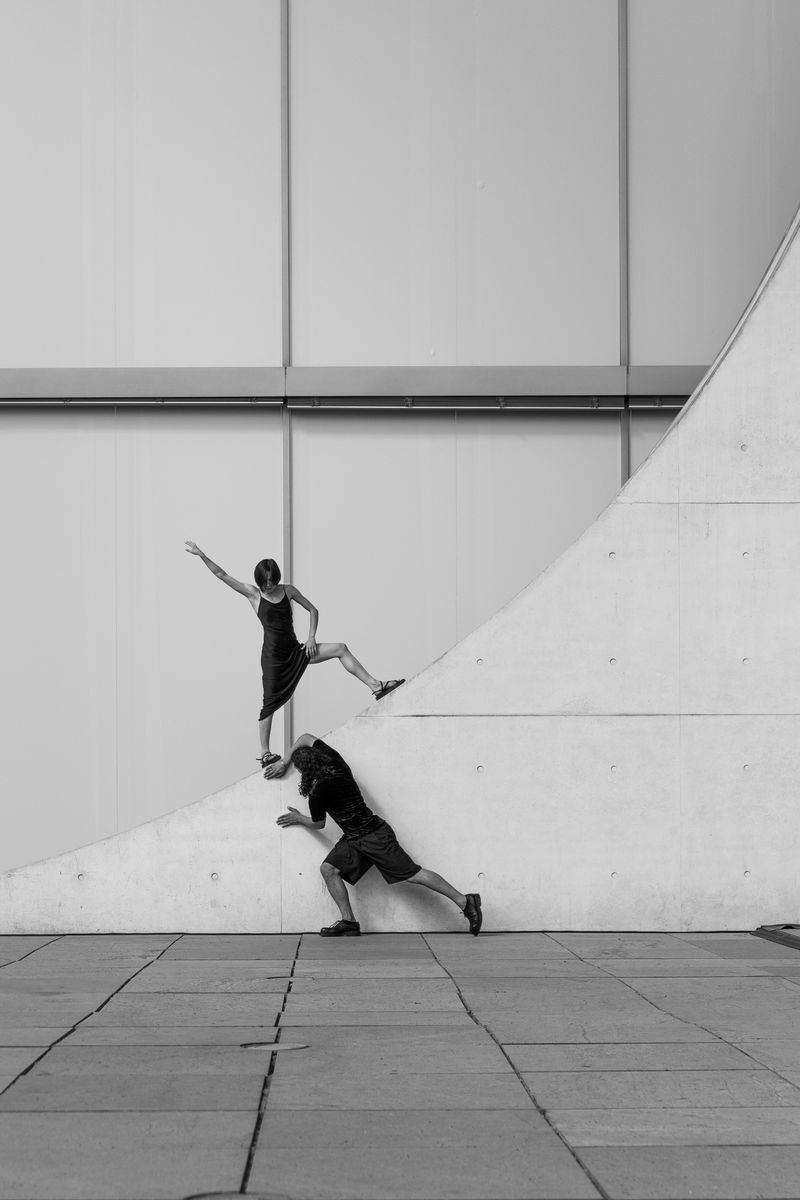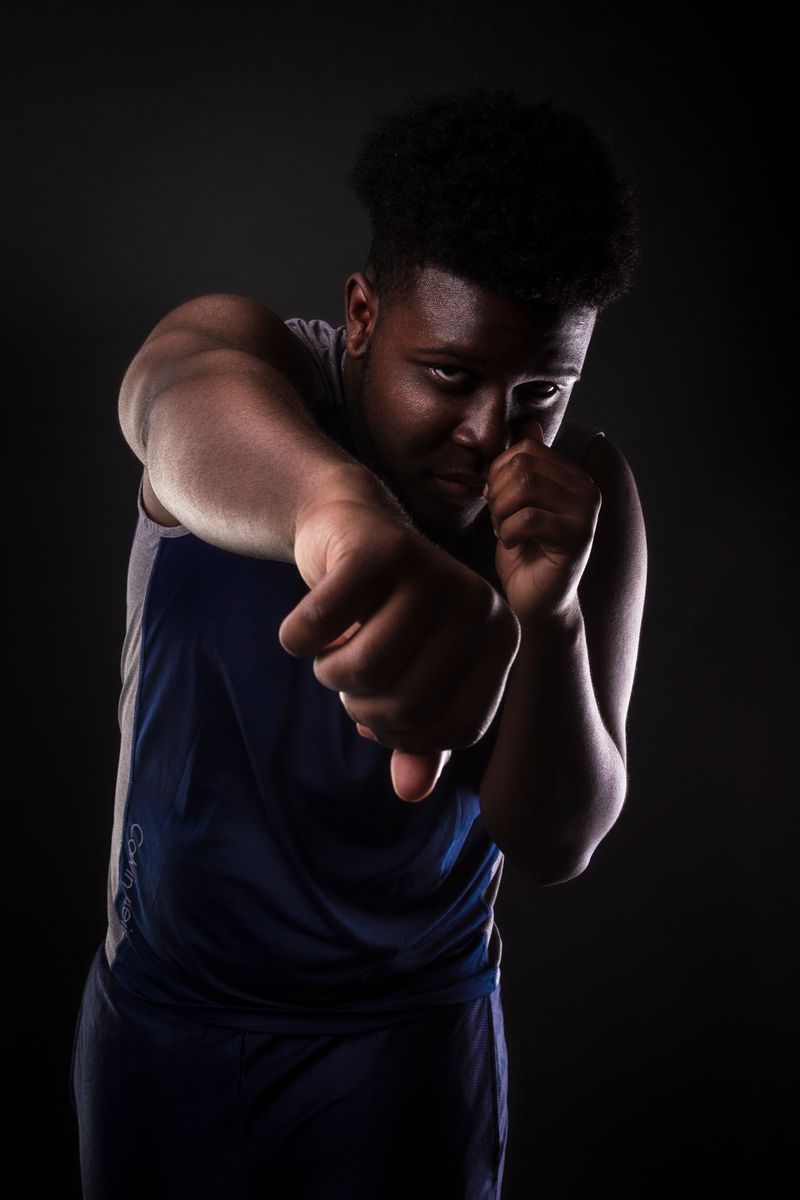NFL Fans Trashed Kadarius Toney After Patrick Mahomes’s Pick-Six vs. Lions
Introduction
In the world of professional sports, fans often become emotionally invested in their favorite teams and players, and their reactions can sometimes be swift and harsh. This was the case for Kansas City Chiefs wide receiver Kadarius Toney, who found himself at the receiving end of criticism after a crucial mistake during the game against the Detroit Lions. This incident raises important questions about the nature of fandom, the role of social media in sports, and the ethics of public backlash.
The Context: Kelce’s Absence and Toney’s High Stakes
Heading into the game against the Lions, the Chiefs were missing one of their star players, Travis Kelce, due to injury. This put additional pressure on the rest of the team, including wide receiver Kadarius Toney, to step up and fill the void. Toney, a 24-year-old talented player, had the opportunity to showcase his skills and contribute to his team’s success.
A Costly Mistake
Unfortunately for Toney and the Chiefs, the game took a turn for the worse when Toney was unable to secure a pass from quarterback Patrick Mahomes. The ball went through Toney’s hands and ended up being intercepted by Detroit rookie Brian Branch, who returned it for a touchdown. This crucial mistake by Toney had a direct impact on the game, turning what should have been a positive gain for the Chiefs into seven points for the Lions.
The Role of Fandom and Social Media
In the age of social media, sports fans have an unprecedented platform to express their opinions and emotions in real time. The instantaneous nature of platforms like Twitter allows fans to voice their frustrations and disappointment immediately, often without fully considering the consequences of their words. This phenomenon was evident in the immediate backlash Toney faced from countless NFL fans on social media, who were quick to place the blame solely on him for the team’s misfortune.
The Ethics of Public Backlash
While fans have the right to express their opinions, it is important to question the ethics of the public backlash against athletes. Athletes, though highly skilled and experienced, are human beings prone to making mistakes. It is unfair to place the entire burden of a loss or a critical play on one individual when football is a team sport requiring collective effort and coordination.
Philosophical Discussion: The Attribution of Success and Failure
This incident raises an important philosophical question: how should we attribute success or failure in sports? Are individual players solely responsible for the outcome, or does the larger context and collective effort play a significant role? Placing the blame solely on Toney ignores the fact that football games are complex and multifaceted, with numerous factors contributing to every play and result.
Advice for Players and Fans
For Players: It is important for athletes like Kadarius Toney to remain resilient in the face of criticism, understanding that mistakes are part of the game. They should focus on improving their skills, learning from their errors, and being part of a supportive team environment that encourages growth and development.
For Fans: It is crucial for fans to exhibit empathy and understanding towards athletes who make mistakes. While disappointment and frustration are natural reactions, it is important to remember that athletes are human beings who are susceptible to errors under intense pressure. Constructive criticism and support can foster a healthier sporting culture and ultimately contribute to the overall development of the game.
Conclusion
The fallout from Kadarius Toney’s mistake highlights the complex dynamics between athletes and fans in the modern sports landscape. It serves as a reminder that while fandom and social media can foster community and excitement around sports, they can also be platforms for harsh and reactionary criticism. Moving forward, it is essential for fans to maintain perspective, understanding the multifaceted nature of the game, and to treat athletes with respect and empathy. Likewise, athletes must navigate the pressures and challenges of public scrutiny, learning from their mistakes and focusing on personal growth.

<< photo by Julia Kolchigina >>
The image is for illustrative purposes only and does not depict the actual situation.
You might want to read !
- Is the Media Failing to Cover the Personal Lives of Female Sports Commentators?
- France vs Ireland: A Clash of Rugby Titans – Live Stream, TV Channel, and More
- Tech Troubles: Square Outage Sparks Widespread Service Disruptions
- Revisiting the Past: Separating Fact from Fiction in SRK’s “Jawan” Reviews
- Assessing Amon-Ra St. Brown’s Potential Impact in the 2023 NFL Season
- The Dangers of Falling: A Recap of Jedi Mishaps in Episode 4 of ‘Ahsoka’
- “Clemson vs. Duke: Key Matchup Insights and Storylines”
- The Deepening Controversy: Exploring the Arrest of Julio Urías for Domestic Violence in ESPN’s Report




